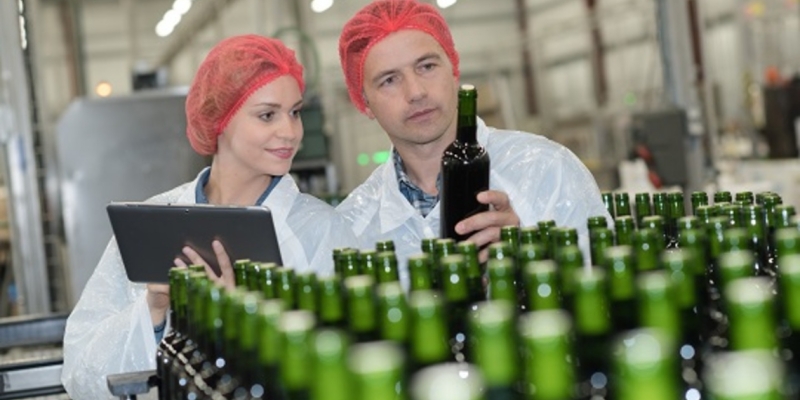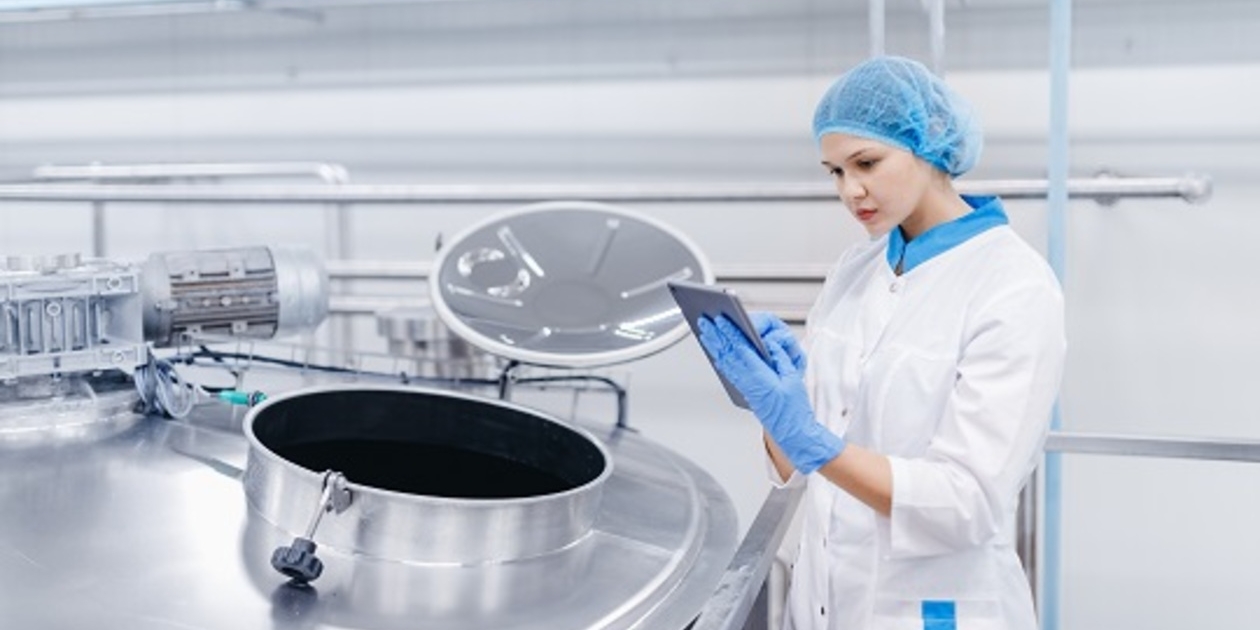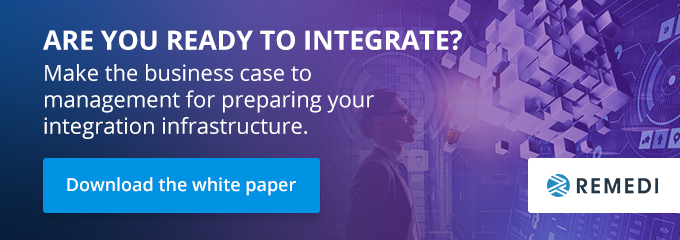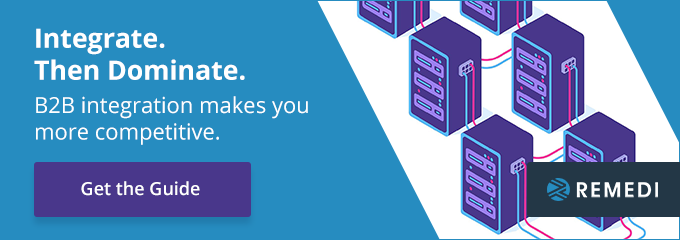
The expectations of today’s consumers and even B2B food and beverage buyers have changed: they want to be able to buy goods online. In the case of consumers, they’re used to buying other things online, and they now demand to purchase food and beverages the same way.
To meet buyer demands, food and beverage companies must embark on a digital transformation. Read on to learn what that means, and how it can benefit your company. Are You Ready to integrate?
What Is a Digital Transformation?
A digital transformation is the use of technology to radically improve the reach and performance of your business. It’s become a buzzword over the past several years, which means many people misinterpret the phrase or don’t understand what it means.
Let’s take a moment to explain what digital transformation isn’t: it doesn’t mean that just because you’ve implemented a technological solution, you’ve transformed your business. Unless the solution you’ve implemented makes your business significantly better and gives you more opportunities, you haven’t undergone a digital transformation.

Changing Buyer Demand in the Food and Beverage Industry
Buyer demand has changed in that buyers (especially consumers) want to purchase food and beverages online. This was a trend that had begun picking up speed before the pandemic. However, lockdowns and fears about health and safety led to an upsurge in online food and beverage purchases – between November 2019 and November 2020, online food and beverage sales rose 125% to $106 billion.
Another issue that came up for food and beverage producers during the pandemic was the impact on the restaurant industry. Restaurants weren’t able to serve patrons in person for months, so they had to find another customer base for their products. Consumers and B2B buyers represented a new market opportunity for food and beverage manufacturers.
“Over the course of a year, online food and beverage sales rose 125%.”
To seize these opportunities, businesses must undergo a digital transformation and implement technologies that enable them to seize new opportunities and operate more efficiently.
The Need for Digital Transformation in the Food and Beverage Industry
To sell online, either directly to consumers or to B2B trading partners with whom you haven’t worked previously, you’ll need to undergo a digital transformation. Implementing B2B integration enables you to reach new markets and improve supply chain management.
Here’s how: B2B integration links into procurement systems and order fulfillment systems so companies can either sell directly to consumers or sell to new trading partners. Some large trading partners require the digital transmission of information, so without it, you’re missing out on a new opportunity.
“B2B integration enables companies to sell directly to consumers or to new trading partners.”
Moreover, B2B integration improves supply chain management. It brings all of your information into one place, so you have greater visibility about what’s going on in the supply chain. Instead of reacting to events, you can take proactive action to mitigate risks.
Buyer demand has changed dramatically. B2B integration helps your company satisfy changing buyer demand for sustainable success. Integrate. Then Dominate.




